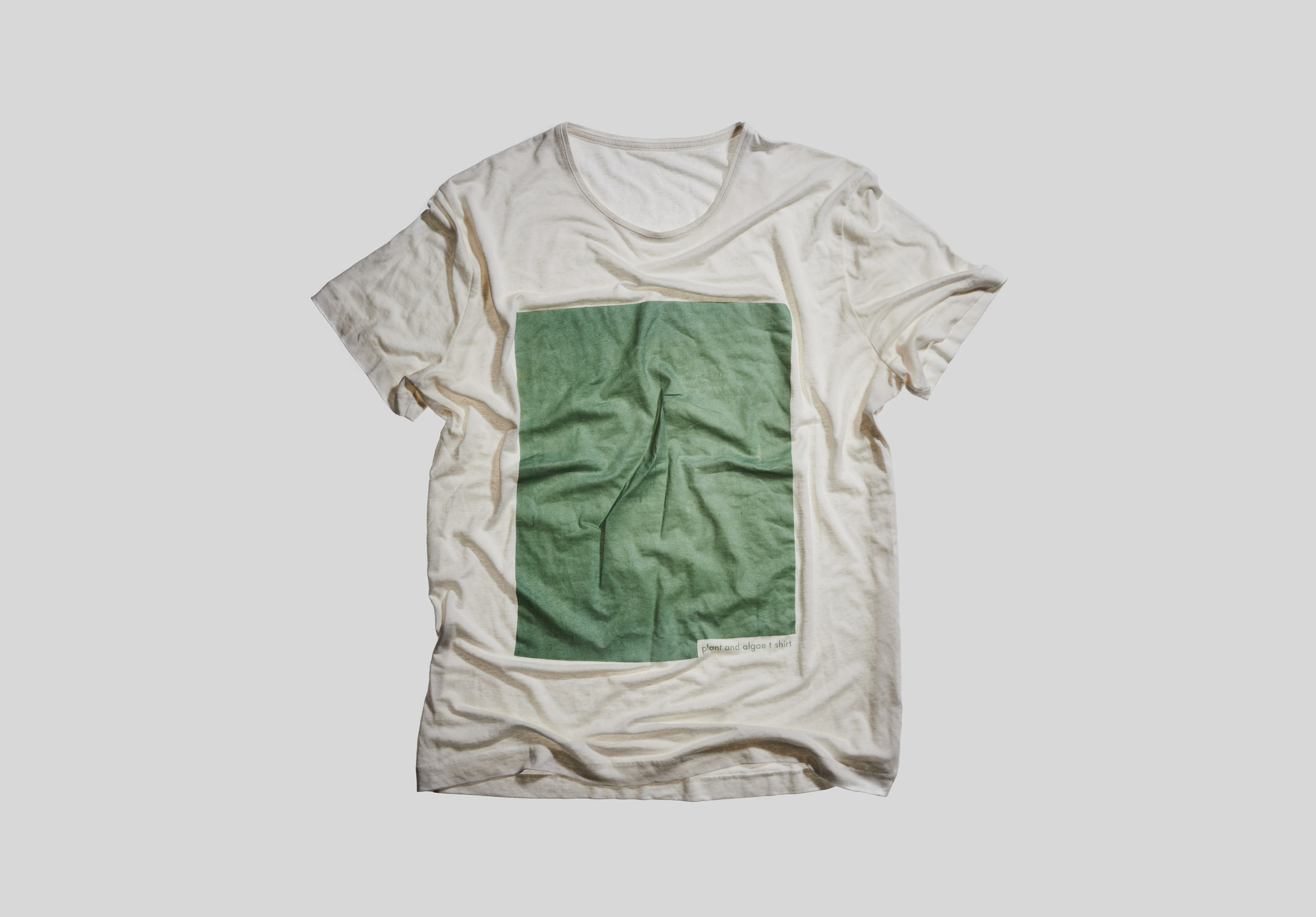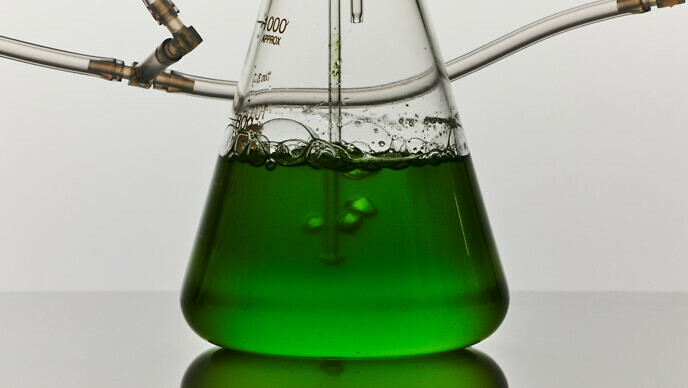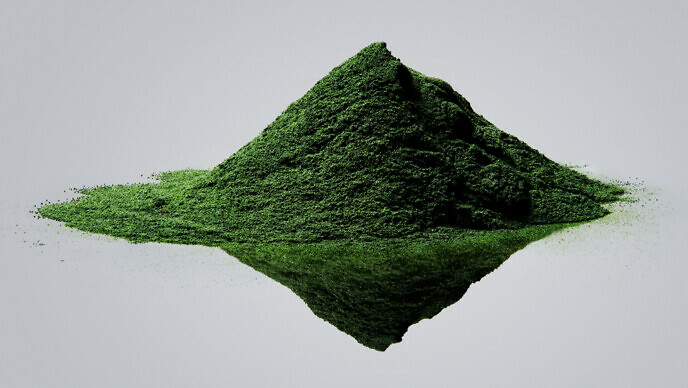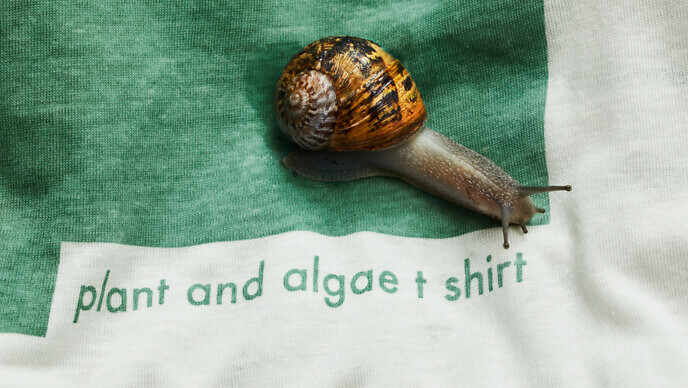
Vollebak, a fashion startup that employs the latest in science and technology for the clothing of the future has created a T-shirt that utilizes the extraordinary properties of algae.
“You can think of algae as a space age material that just happens to be 1.5 billion years old,” said Vollebak. “It consumes carbon dioxide, produces up to 80% of the oxygen on Earth, and is the original source of all plant life on the planet.”

“And if you’re going to make clothes out of nature, algae is exactly the kind of natural resource that we should be using,” added Vollebak. “There’s an astonishing amount of it, and it only needs light, carbon dioxide and water to multiply at crazy speed. So we wanted to start the journey of getting it into clothing.”
Composed of algae ink and fibre derived from sustainably sourced wood pulp, the T-shirt is appropriately named Plant and Algae T Shirt.

The algae used in the T-shirts are grown in bioreactors. Only requiring light, carbon dioxide and water, algae is considered to be relatively straightforward to grow. Once grown, the algae are separated from the water in the bioreactor with a filter, resulting in a paste.

After drying the paste in the sun to form a fine powder, it is mixed with a water-based binder to create an ink.
Due to algae not being able to survive without water, the algae ink’s colour fades as time passes. Vollebak says that the algae ink will eventually disappear.

The production of the T-shirt itself is an environmentally responsible and closed-loop process. Harvested from sustainable forestry plantations, Eucalyptus, beech and spruce trees are chipped and pulped before being turned into a fabric. With stitching made from recycled cotton threads, the T-shirts are created in Portugal.

Composed entirely of plant-based materials, the T-shirt is biodegradable and compostable. When buried, it is said to take roughly 12 weeks to biodegrade.
“The future of sustainable clothing is likely to be based on the same principles as this t shirt. It needs to be grown with as little environmental impact as possible,” explained Vollebak. “The easier it is to understand the better. And it shouldn’t require huge amounts of effort. The only thing different about this t shirt is that it grew in soil and water, and that’s where it’s designed to end up too. All you need to do is remember to compost it at the end of its life. Here it will biodegrade with them, turn into soil, and help new plants to grow.”





